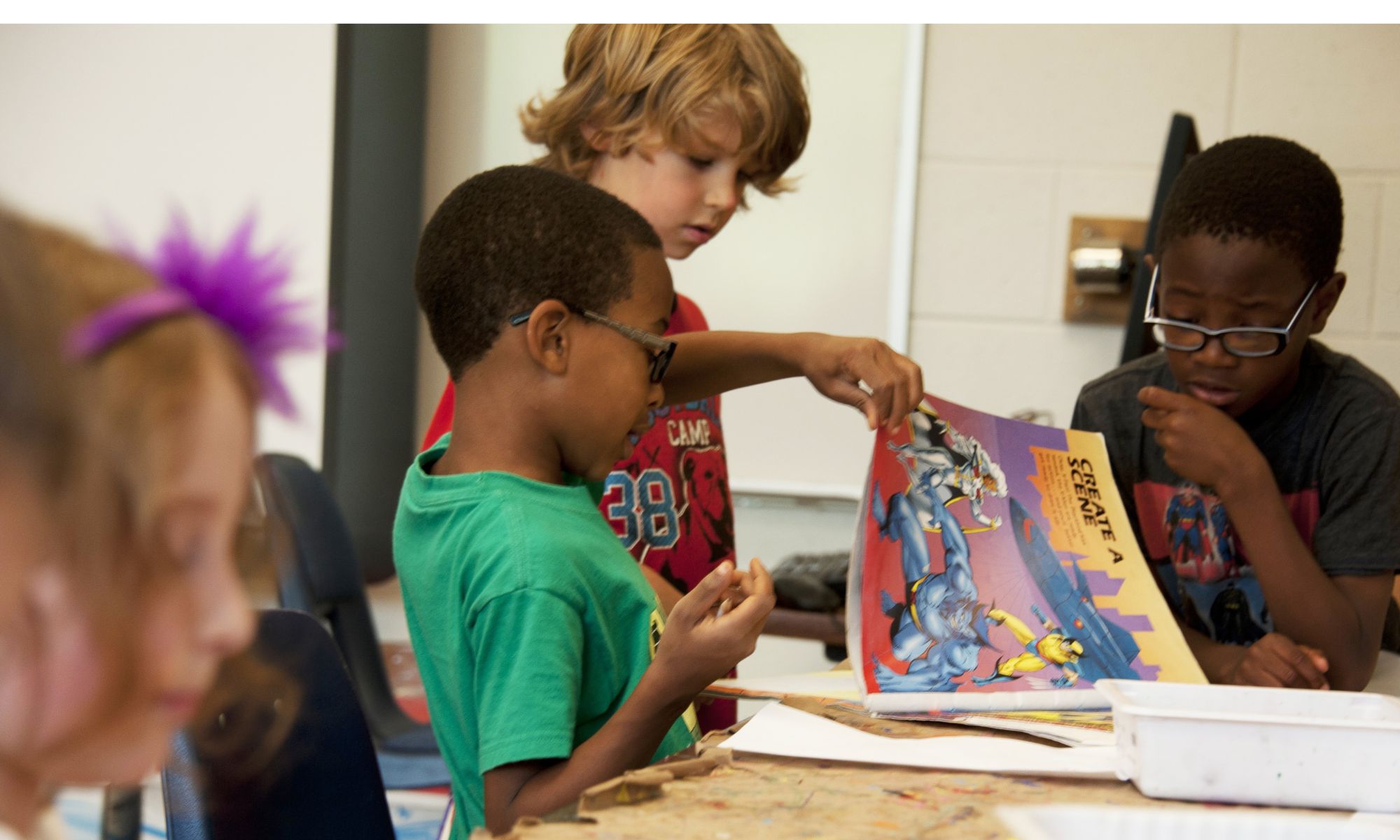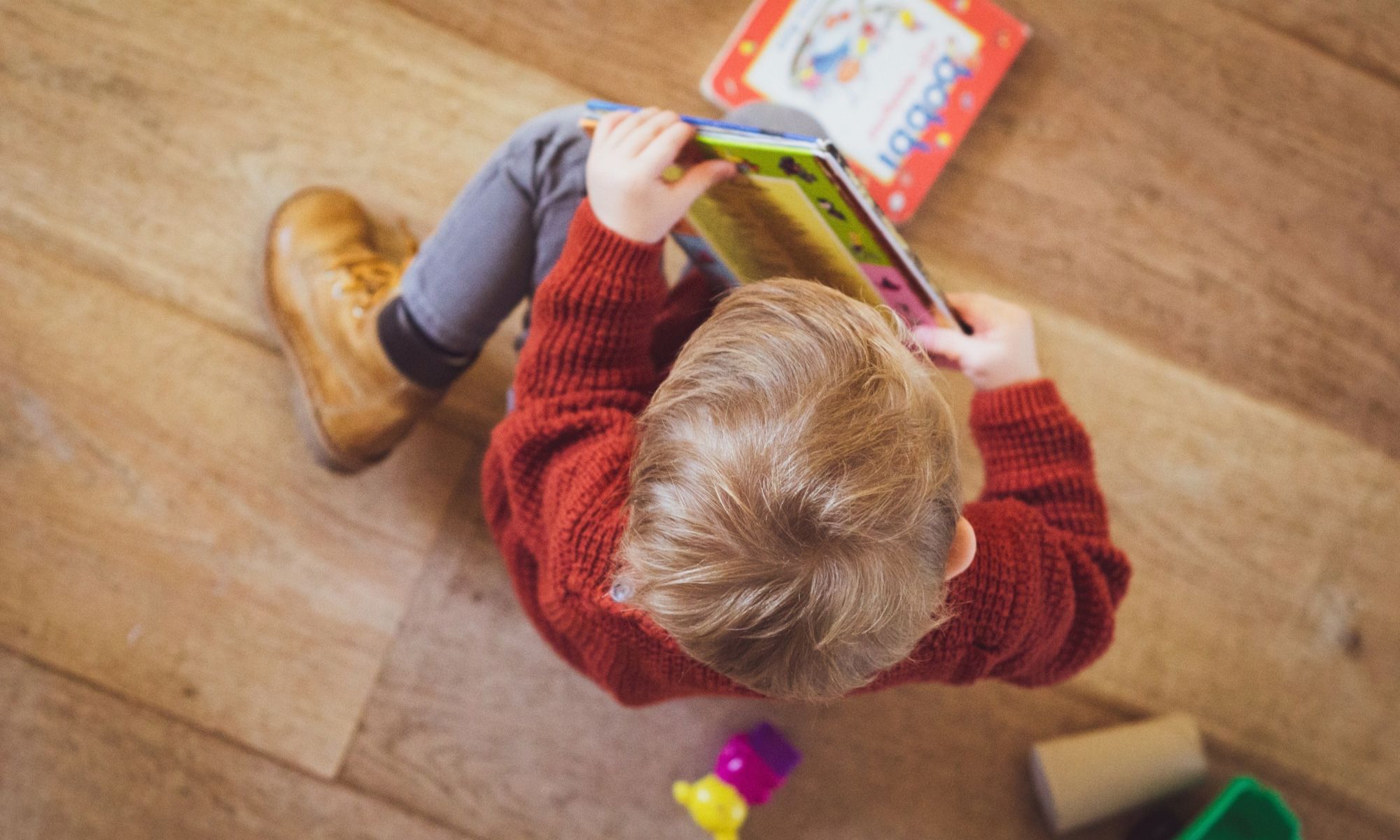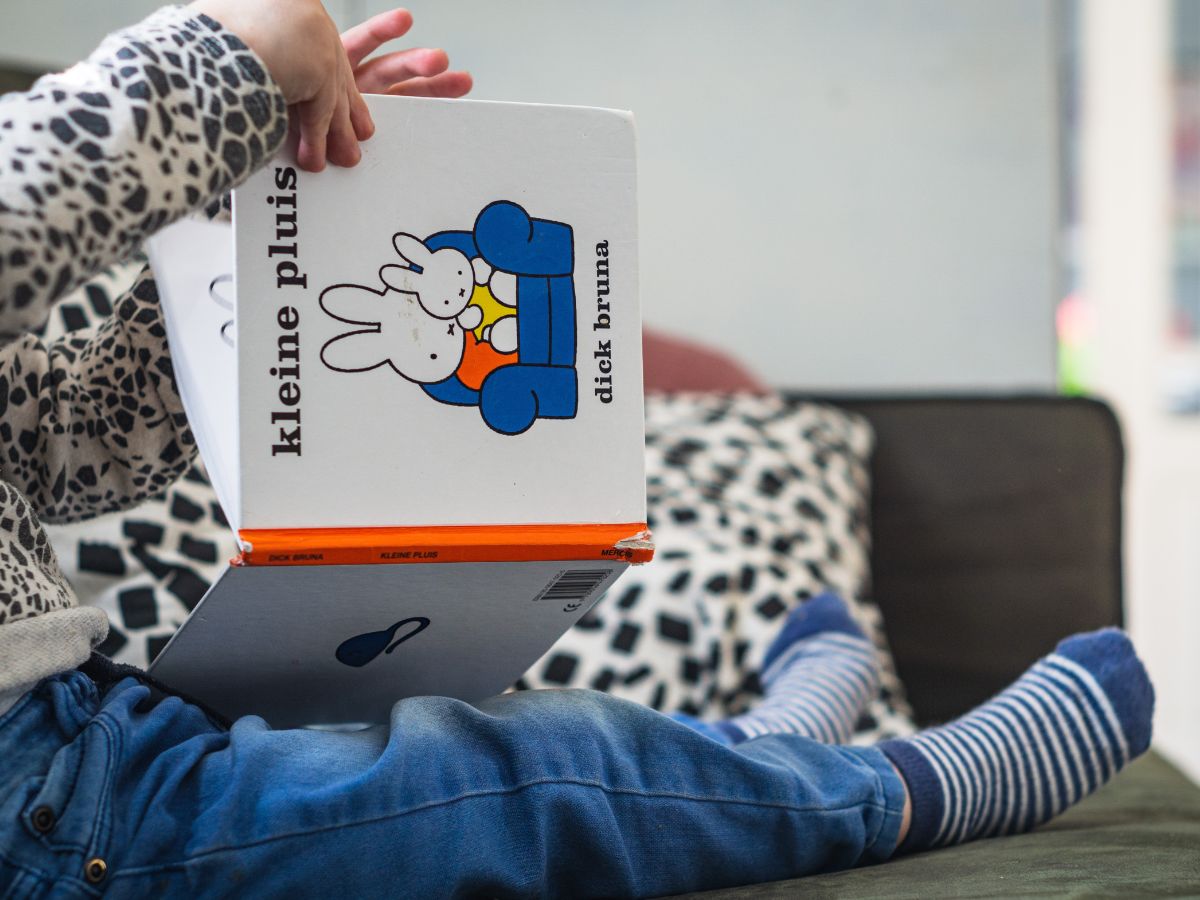Every parent, teacher and child knows that stories are the best way to learn. Stories reveal patterns of human behavior, providing insights into the complexity of human nature. They tell us about history, giving us context for our own existence. They help children grasp abstract concepts like values and ideas because they have something concrete to hold onto – a character in a story who has faced a similar challenge in their life and made it come out better than expected.
Storytelling provides a continuity of experience, both within a family and in the community. Children learn who they are by observing how their peers behave, and they learn how they should act through stories that other people share intimately. Stories help children distinguish between what is expected of them and what is desired. Children also learn how to behave from stories that reinforce their own cultural identity.
Impact of Stories on Children
Children inherently understand that stories carry meaning and purpose. It is children who invariably ask the most important questions about any story, conversation or classroom activity. They naturally want to know why we are doing something or why an event happened the way it did.
1. They teach children to be kind
It is always the person who most needs the kindness that gets it. Every time we hear about a kind act, we know it happened because someone wanted to be kind to someone else. They reflect our own ideas of goodness and virtue, but ultimately they come down to one thing: the desire to be good is innate in all of us.
The bad consequences of the characters’ lack of goodness are clear and well known. Children need to know that bad things happen when people don’t do the right thing. Stories also show the good consequences of being kind, which can help children believe a positive outcome is possible.
2. They teach children empathy
When we listen to a story we enter the story world. We start asking ourselves questions like what would I have done if I was in his shoes? When we hear a story about someone who is sad, or lost or lonely, we feel their sadness, loss and loneliness.
3. They teach children to love learning
Stories are the most natural way to learn. Children naturally love stories, and they naturally want to hear more and more of them. Learning through stories also makes learning easier because as we listen we anticipate key points and make inferences. We use our prior knowledge to fill in gaps in a story, so we can focus on new details or ideas without getting too confused.
4. They teach children to think critically
Stories engage our critical thinking skills. We can’t just accept what we read or hear. Instead, we have to use our imagination and think about the significance of the story, and how it might apply in the real world. Every time a story is told we learn both what happened and why it happened.
5. They strengthen children’s emotional intelligence
Stories make us feel connected to each other and our place in the world because they involve us as full characters with which we can identify. They help us understand our own feelings, and they allow us to see the world through someone else’s eyes. This can help children develop empathy and emotional intelligence.
6. They enhance children’s creativity
Stories give children an idea of what is possible because they introduce fantastic or even impossible events that can spark a child’s imagination. Some stories also encourage children to imagine new ideas, new solutions or new ways of thinking about things. They unlock the imagination that allows children to create and contemplate ideas in ways that reading a textbook doesn’t.
Conclusion
Stories are the most powerful tool we have to help children develop literacy, a sense of belonging, a sense of their community, self-worth and love of learning. In short, stories teach children how to be successful adults in the world today.




